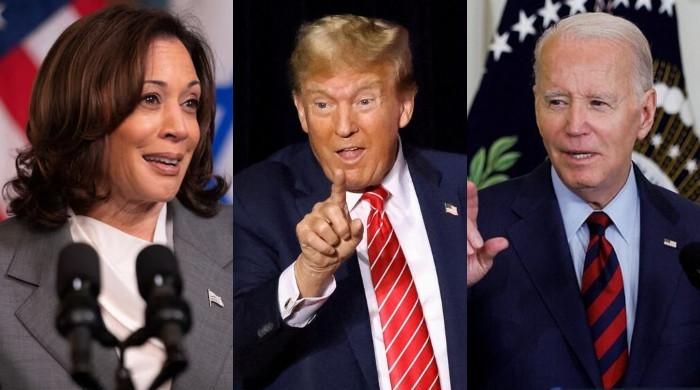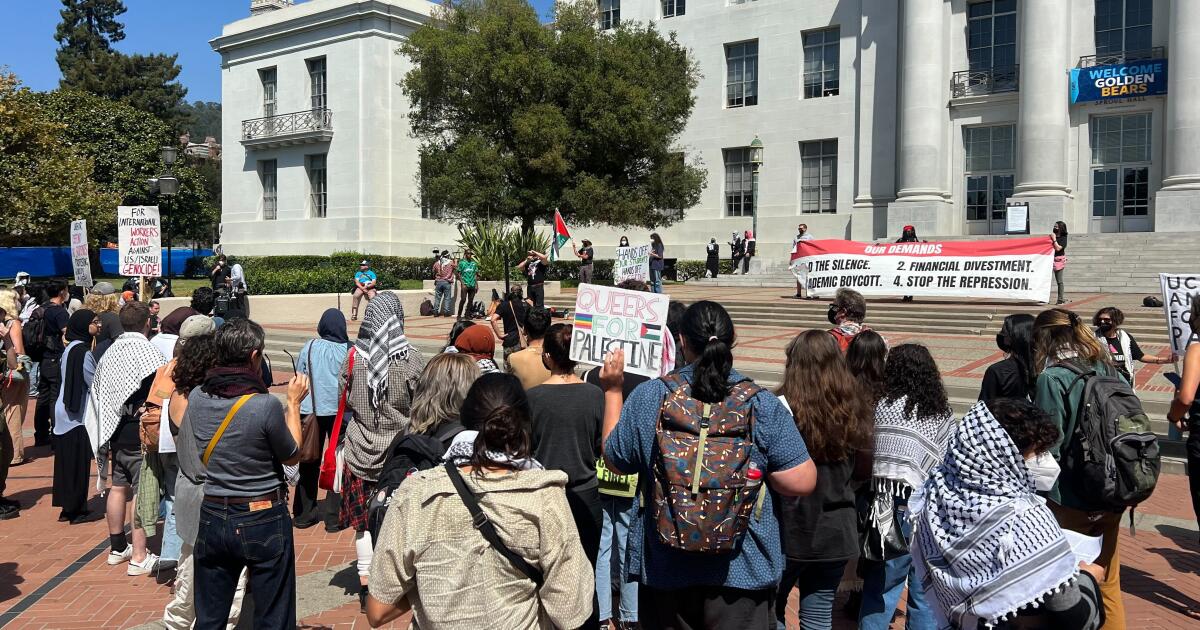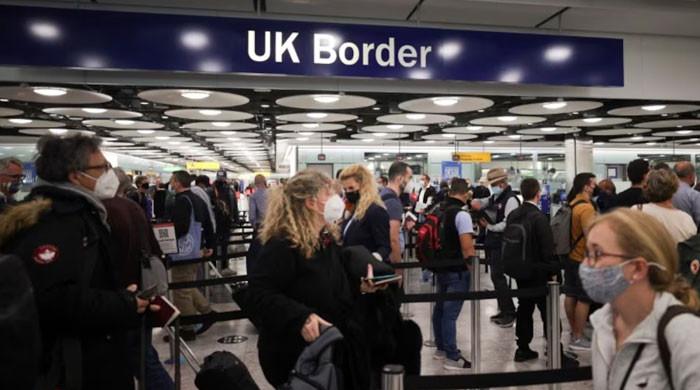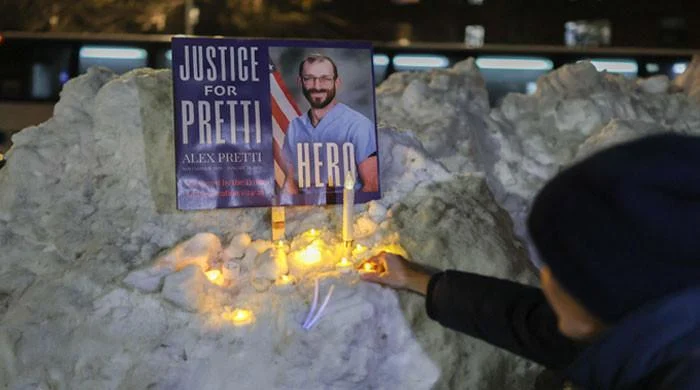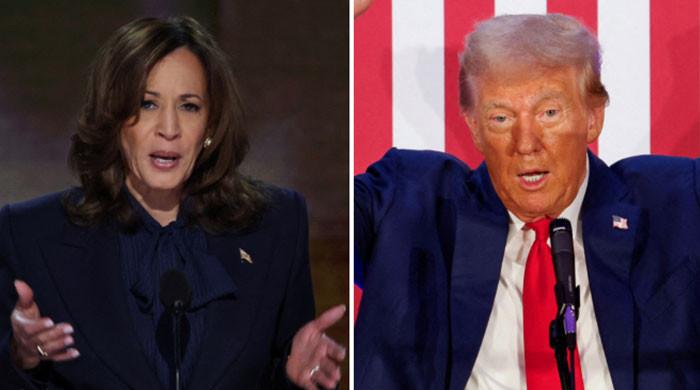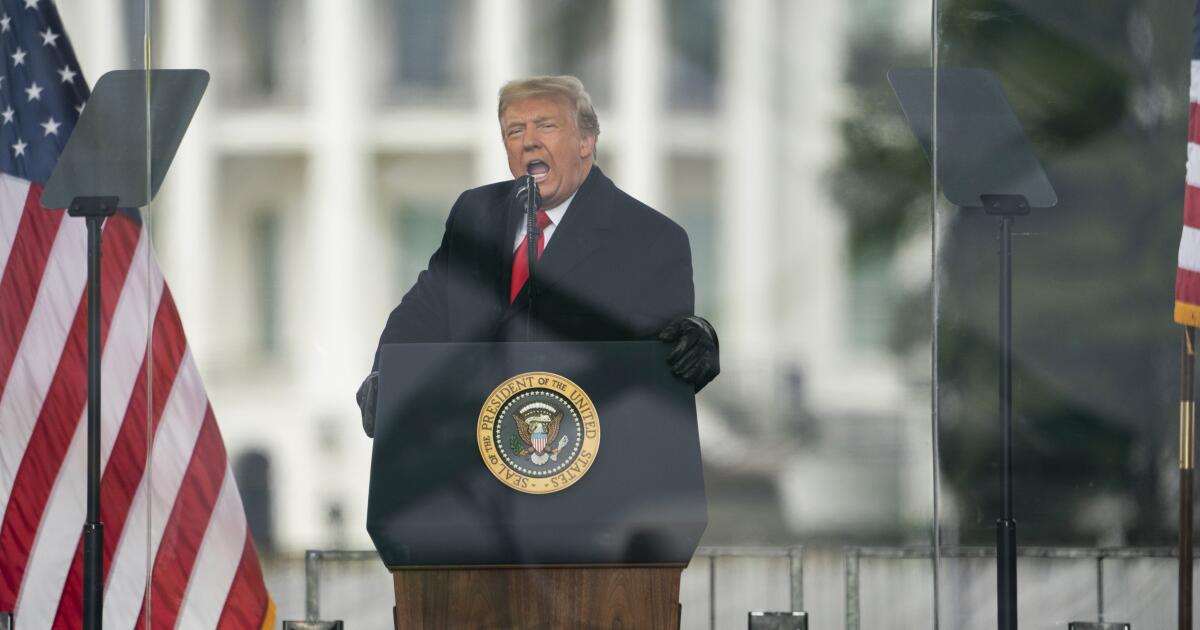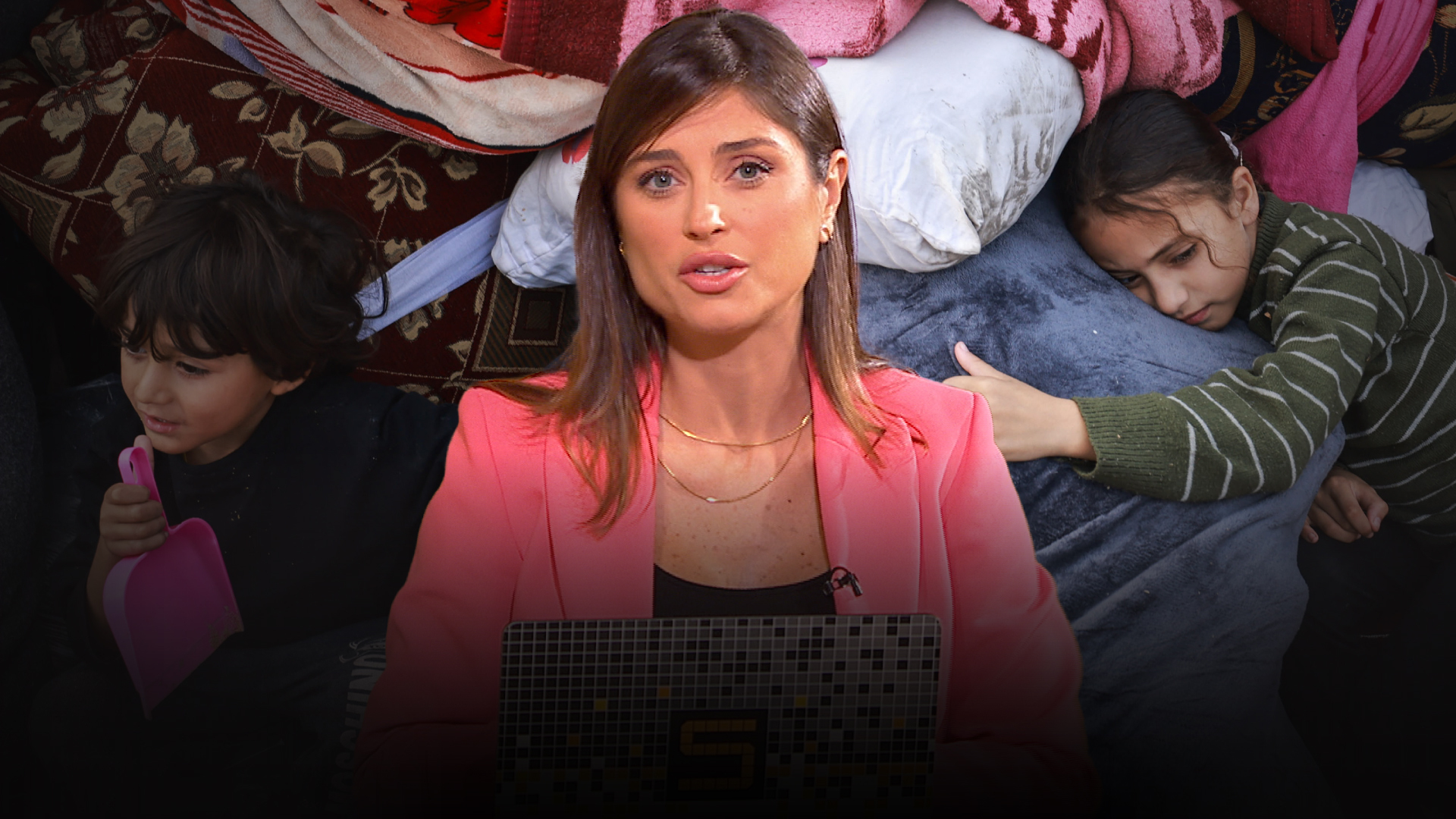Two assassination attempts on former US President Donald Trump and a fringe party calling for the assassination of Vice President Kamala Harris, among other dilemmas, have gripped the country ahead of the November 5 presidential election.
This increasingly vulgar political discourse has led to increasing threats and real violence in the United States.
In a hotly contested US presidential election, tensions have risen along with the rhetoric: There have been killings and the country's presidential candidates and others are in the crosshairs of extremists swept up in the divisive language of the race. AFP reported.
The attempted assassination of Trump on Sunday, the second in two months, was foiled and few details have been released about the suspect's motive.
Just 20 hours after Secret Service agents discovered and pursued the would-be shooter outside the former president's golf club in Florida, the Republican presidential candidate said Fox Digital News on Monday that Harris and the Biden administration's rhetoric “is getting me shot.”
“Because of this rhetoric from the communist left, bullets are flying, and it's only going to get worse!” Trump added on his Truth Social platform.
US lawmakers and analysts have been expressing concern since the US Capitol insurrection in 2021 that increasingly bellicose campaign language was becoming a worrying bruise on the body politic ahead of the presidential election.
Democrats have accused Trump, 78, of creating a climate of pure political fear, and President Joe Biden, 81, has warned of the risk of “chaos”, in particular because of Trump's repeated refusal to commit to recognizing the results of the upcoming election.
Speech that was once taboo is now commonplace on the far right, with hardline Republicans in Congress incorporating violent language and imagery into their campaign speeches.
Many, including some Republicans, maintain that Trump incited the deadly riot at the U.S. Capitol on January 6, 2021, when he repeatedly and falsely claimed he had won the election against Biden and urged his supporters to “fight like hell.”
Now, fears have grown that a second, better-armed and organized version of January 6 could be on the horizon if Trump loses to Harris in November.
The country's political divisions were brought into sharp focus by the Trump presidency (2017-2021), notably by a white supremacist rally in Charlottesville and the 2020 killing of George Floyd and subsequent protests.
Lawmakers and members of the judiciary have increasingly been the targets of death threats, prompting some officials to step up their security.
By 2022, the boundaries of political speech had eroded to such an extent that Republican Senator Susan Collins warned she “would not be surprised” if a US lawmaker was assassinated.
Two weeks later, the husband of then-House Speaker Nancy Pelosi was attacked with a hammer by a far-right conspiracy theorist who wanted to take the Democratic leader hostage and “break her kneecaps.”
On Sunday, as many expressed revulsion at the latest apparent plot against Trump, Elon Musk, the richest man in the world, took to his X platform to offer an incendiary opinion.
“And no one is even trying to assassinate Biden or Kamala,” he wrote, with a “thinking face” emoji attached. He later deleted the post.
The Libertarian Party of New Hampshire inexplicably went further, posting on X on Sunday that anyone who killed Harris would be “an American hero.” Law enforcement reportedly said they were investigating.

